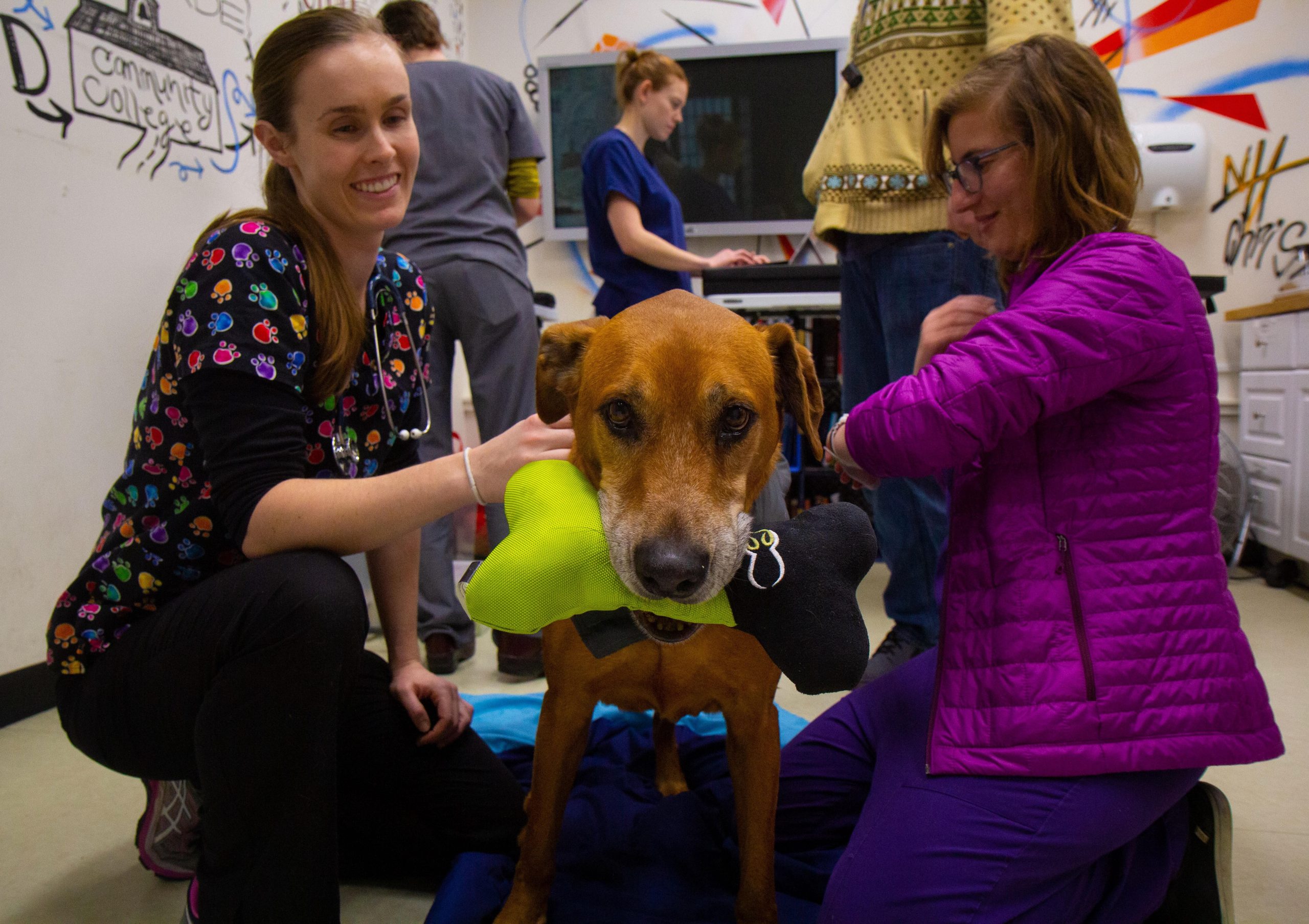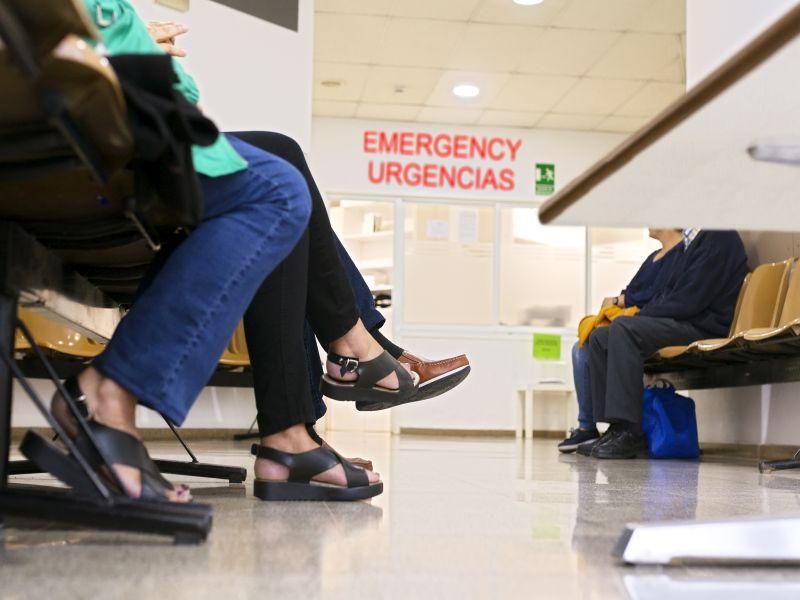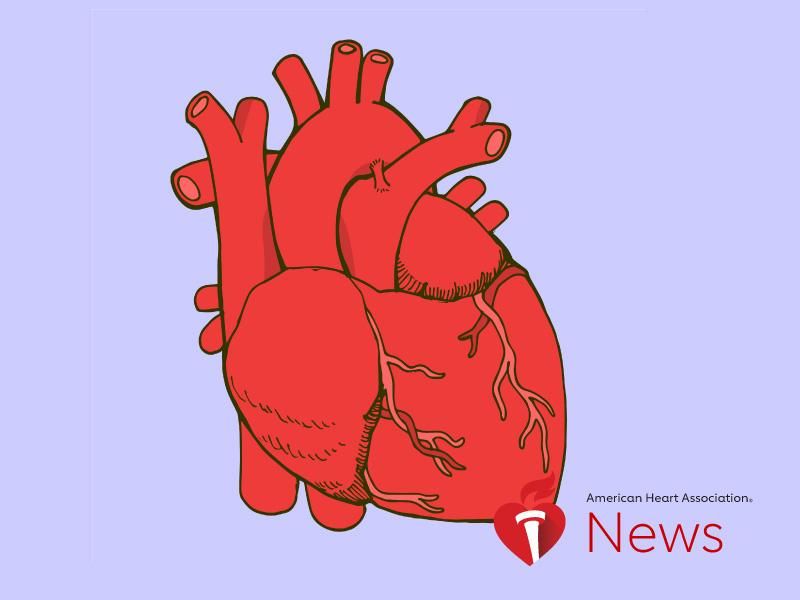
Folks who drink two or three cups of coffee daily appear to live longer than people who don’t care for the beverage, new research shows. Coffee lovers also seemed to have healthier hearts, which might contribute to the longevity boost, said the team of Australian investigators. The findings were published Sept. 27 in the European… read on > read on >






























